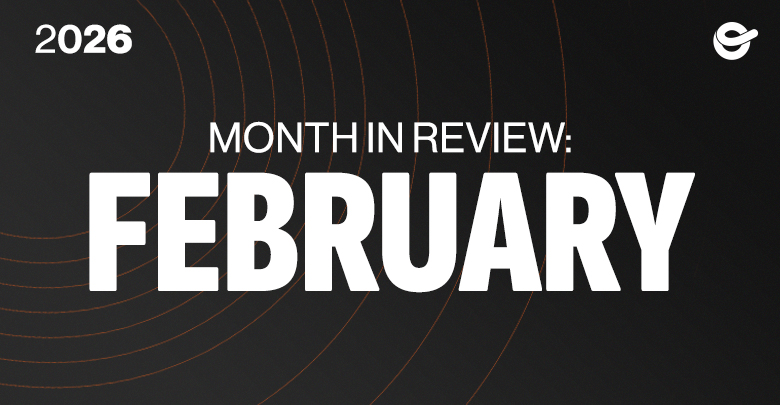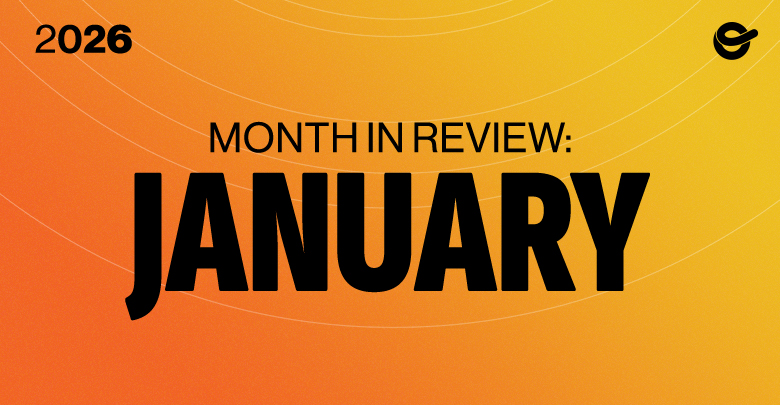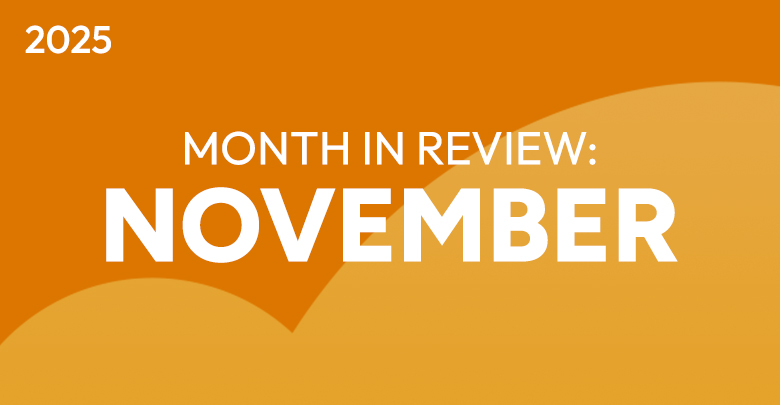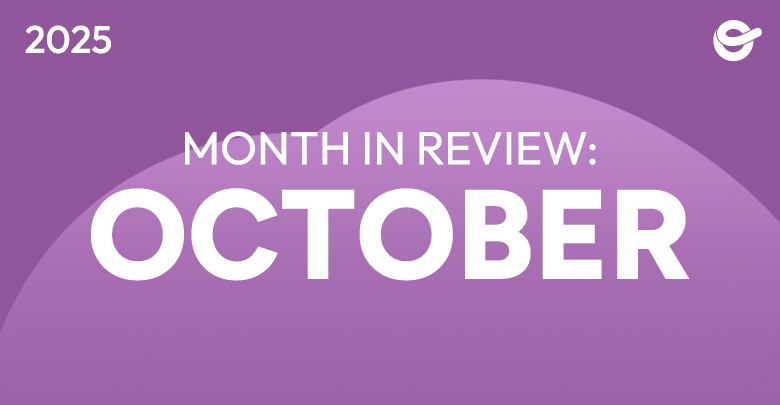
Why You Should Always Have Instrumental Versions of Your Music
And why releasing instrumental albums can be a smart move for producers.
In today’s music publishing and sync landscape, technical and strategic details can make the difference between a track with potential and one that’s truly monetizable. One of the most underrated but essential practices is having instrumental versions of your vocal tracks. More than just an “extra,” instrumental mixes are a key tool that can open doors—from sync opportunities to showcasing your catalog as a producer or songwriter.
The Value of an Instrumental Mix
In professional production, delivering a song without its instrumental version is increasingly seen as an oversight. Music supervisors, brands, ad agencies, and publishers need flexibility when working with tracks—especially for projects where vocals might clash with voice-over or where visuals demand a different kind of sonic presence.
Not having a clean, ready-to-go instrumental can often cost you a sync opportunity. It’s common for supervisors to find the perfect track, only to move on when there’s no instrumental available. It’s not just a helpful version—it can be a dealbreaker.
Should You Release Instrumental Albums?
Not every vocal track needs to become a full instrumental album—but producers who explore this format gain some serious advantages. Besides owning both the master and composition rights, an instrumental album works as a powerful sonic portfolio: a clear statement of your style, sound, and technical skills.
Releasing a well-curated instrumental album also boosts your visibility on digital platforms. Since the instrumental space is less saturated than vocal music, your work can reach engaged niche audiences—especially via themed playlists (study, focus, film scoring, etc.) and sync-focused searches. It’s also a great way to earn income from streaming, sync, and publishing rights—without needing to clear vocal performances, which streamlines legal processes and accelerates licensing deals.
Best Practices for Your Instrumental Catalog
- Always export instrumental versions when finishing a vocal track.
- Label your files clearly (track name, version, composer).
- Keep your metadata and credits organized.
- Consider releasing an instrumental EP or album to showcase your versatility as a producer.
- Make sure your publisher has access to these versions to maximize pitching opportunities.
Instrumental mixes are not just nice to have—they’re essential. In a world where sync and data drive monetization, having your songs ready for multiple scenarios is a must. And if you’re a producer, releasing an instrumental album can be a game-changing move to solidify your identity and expand your reach.













